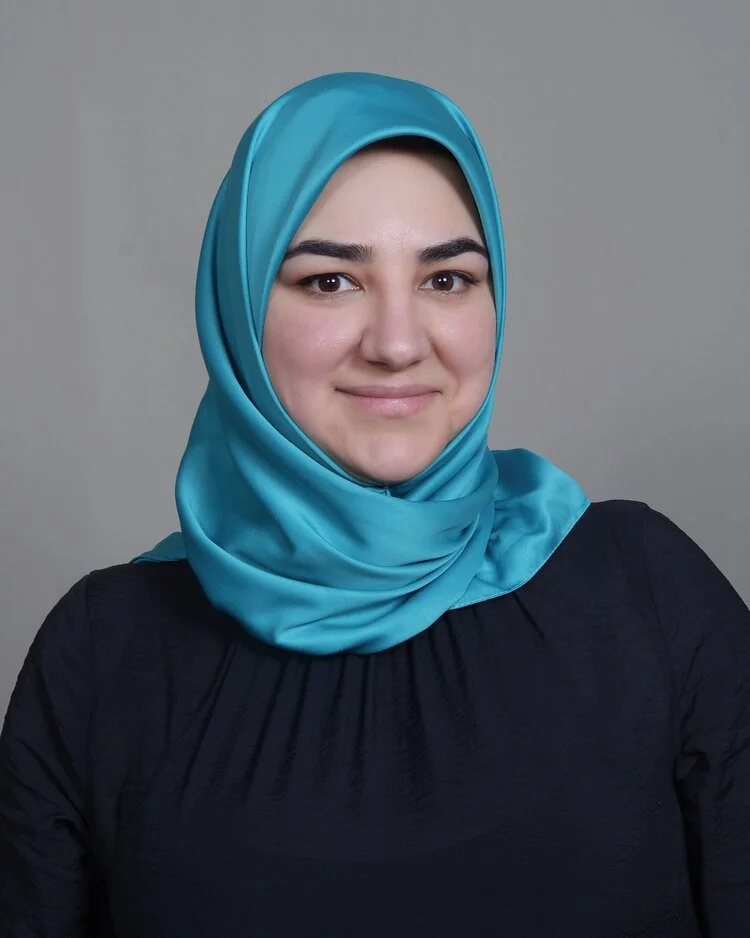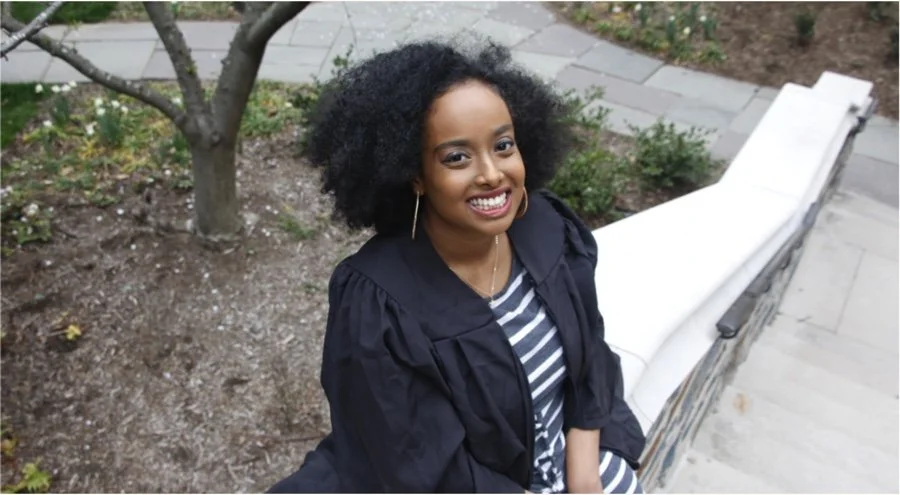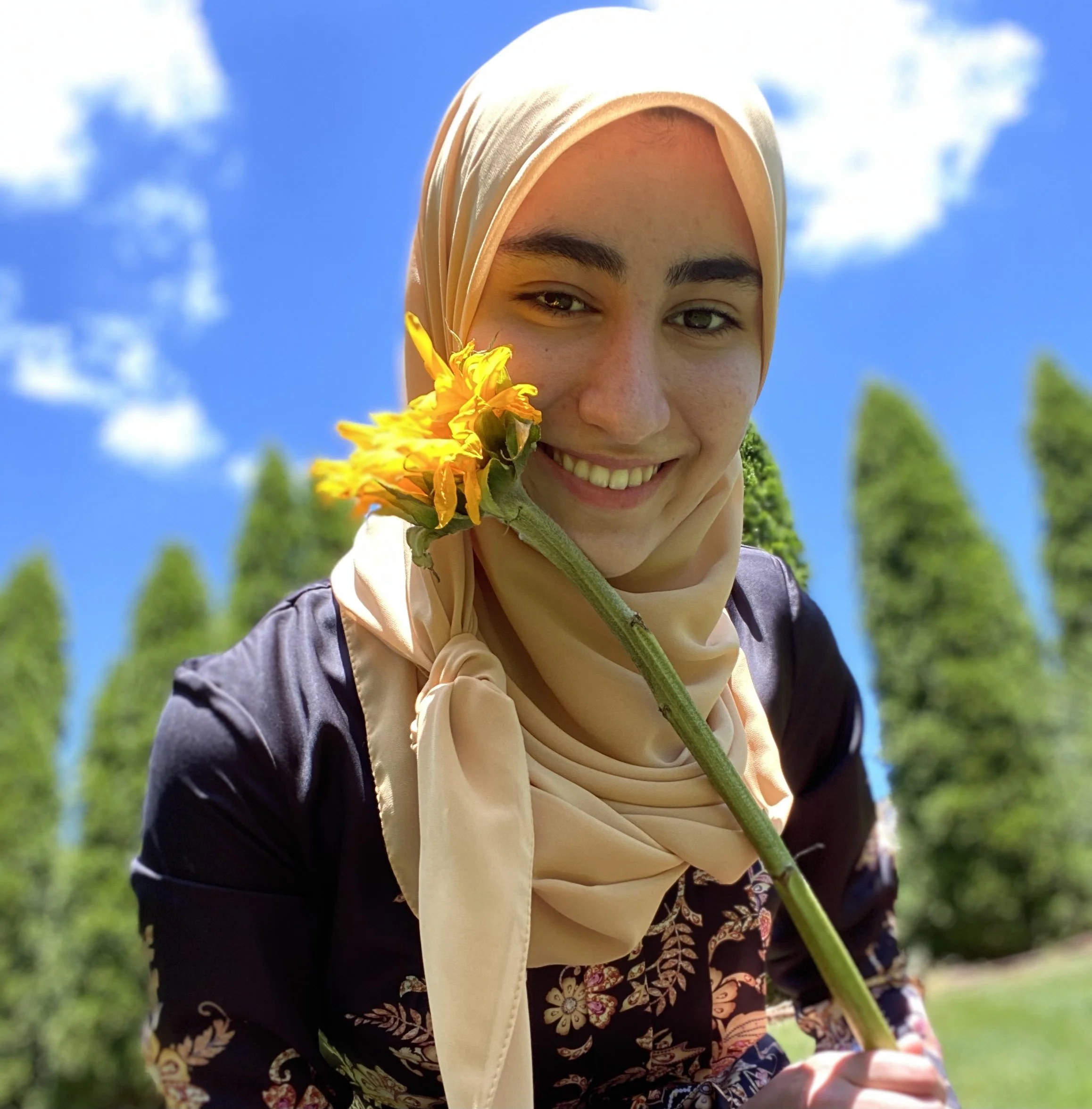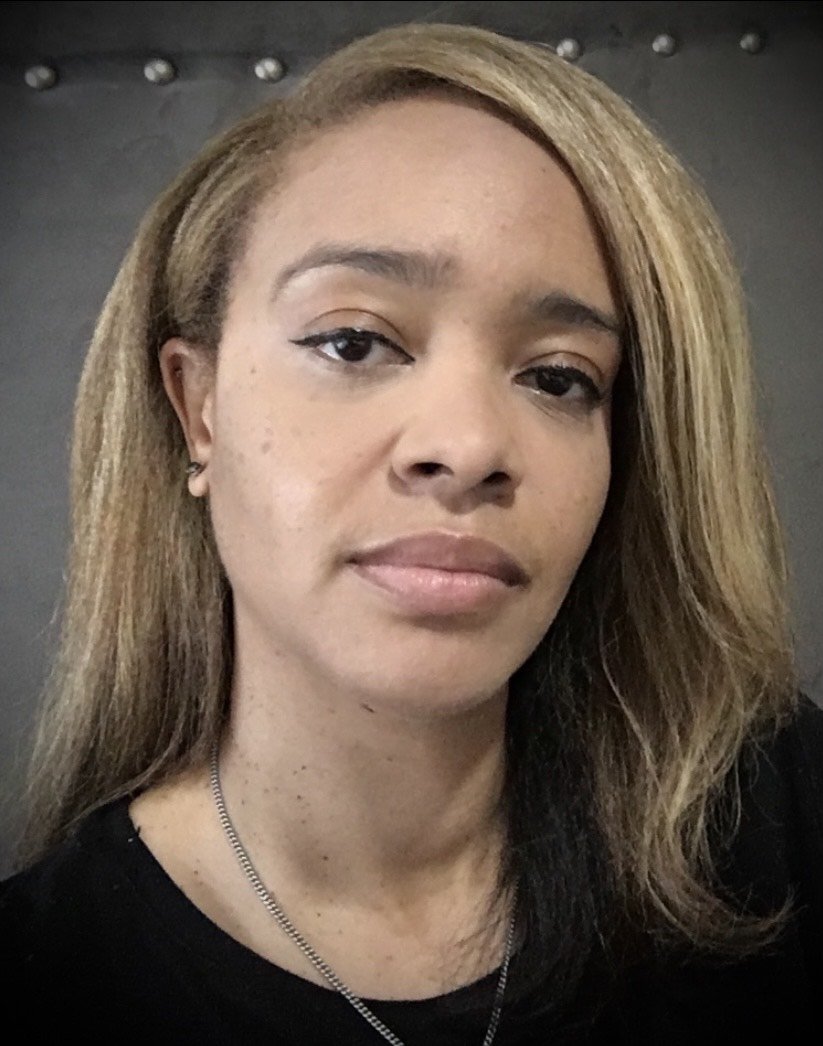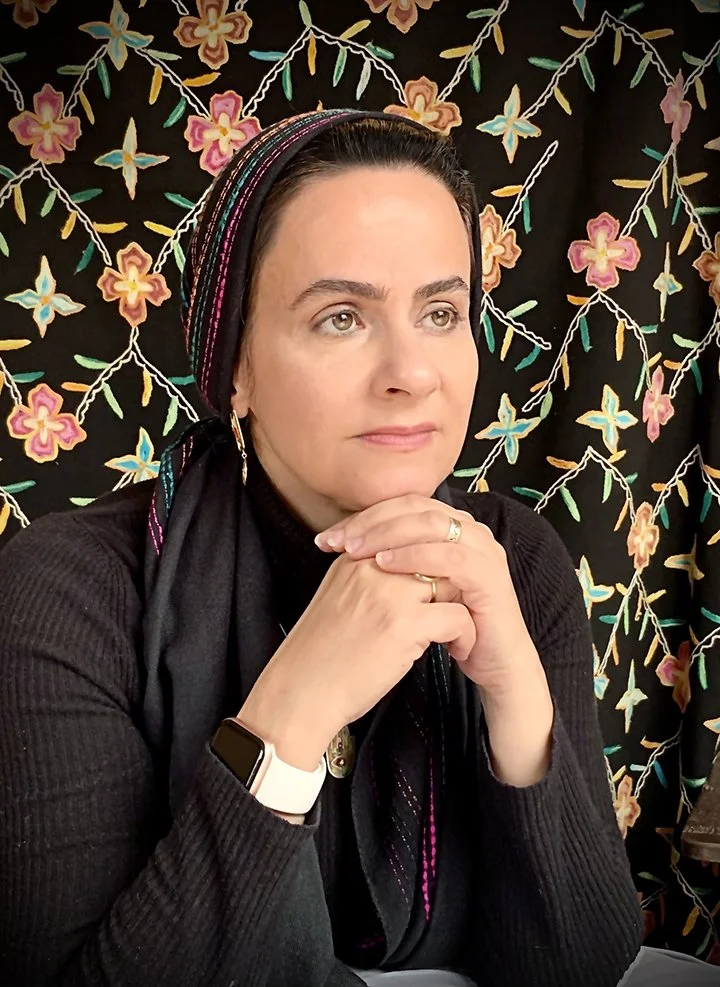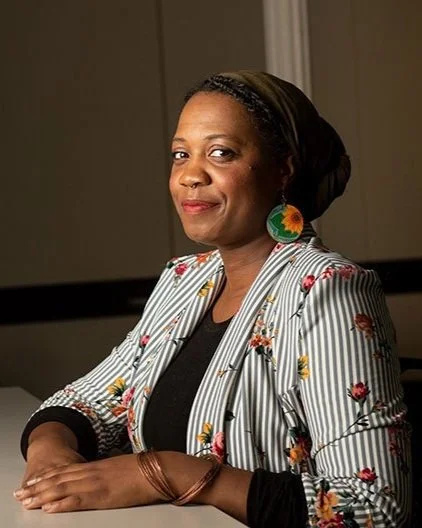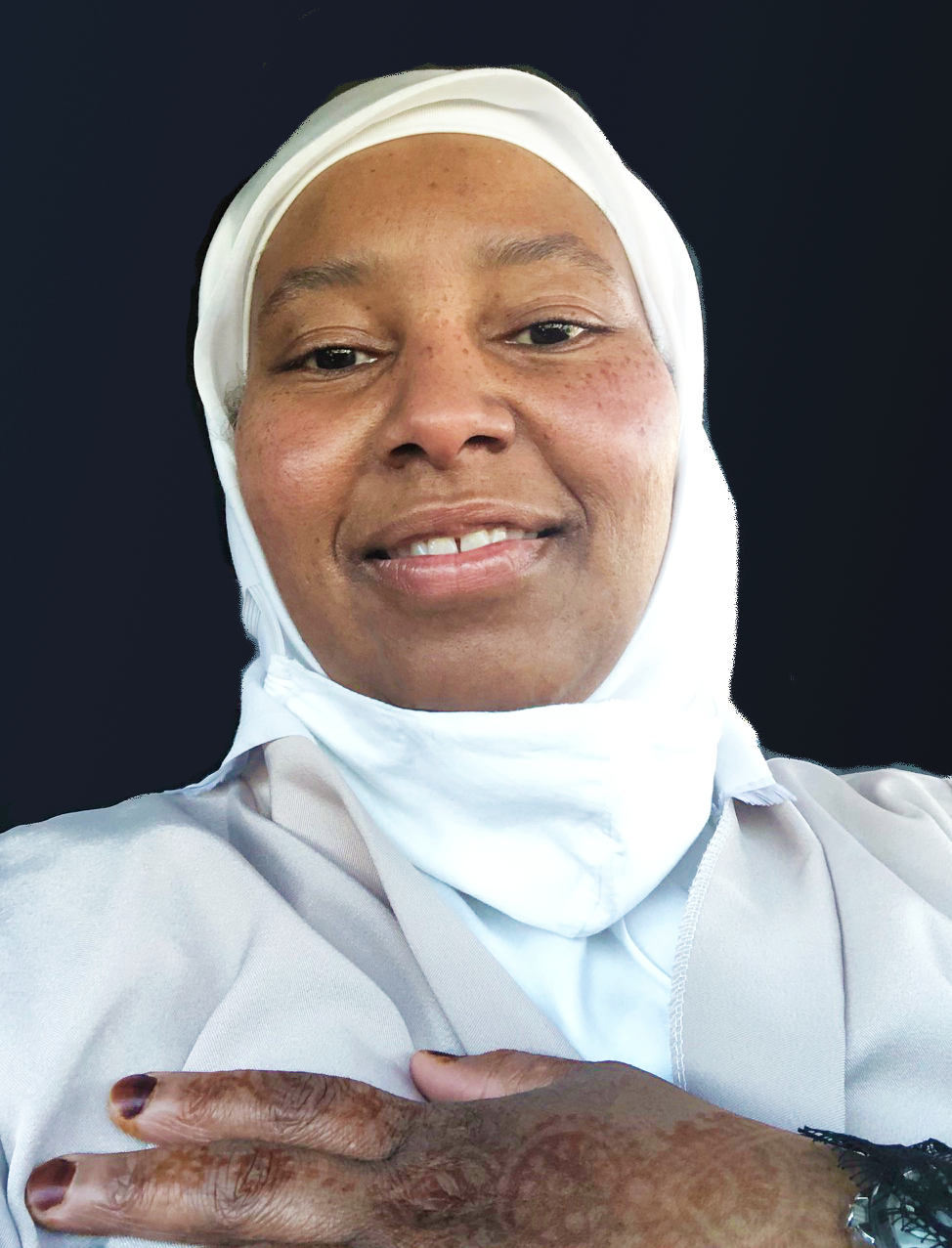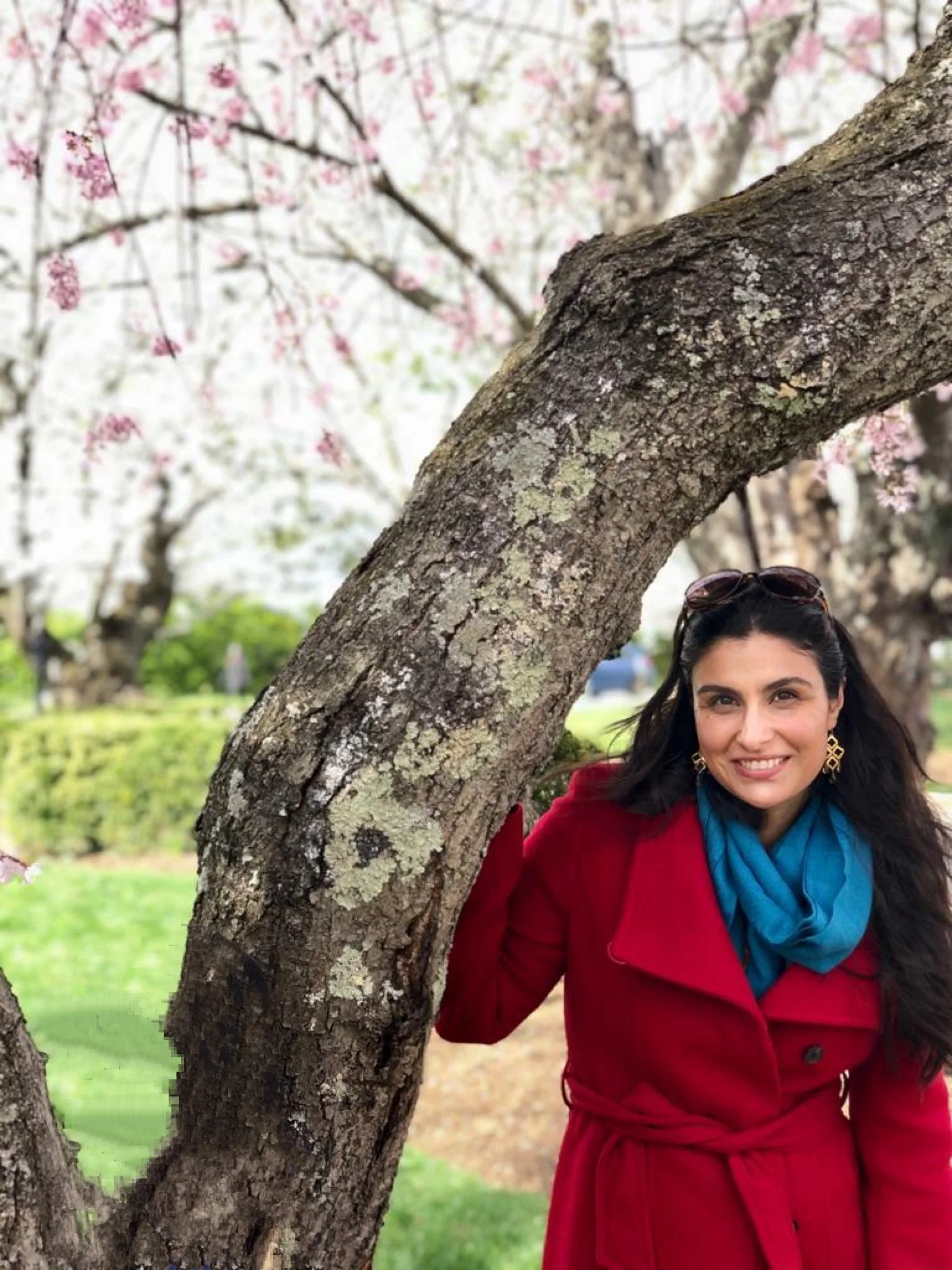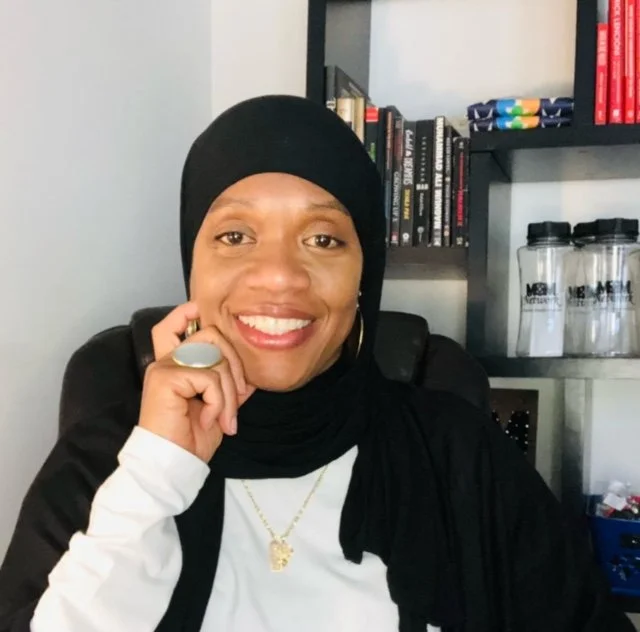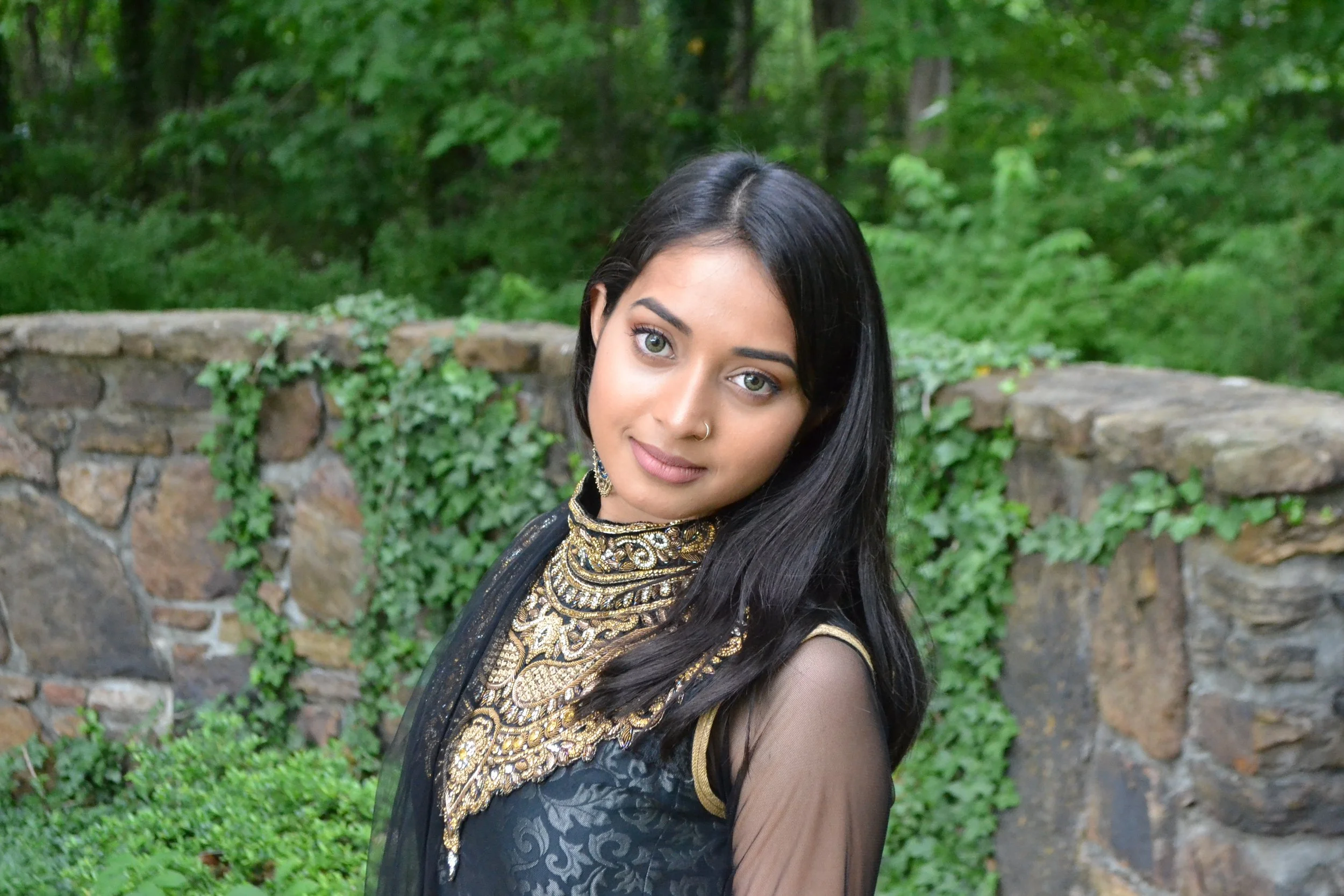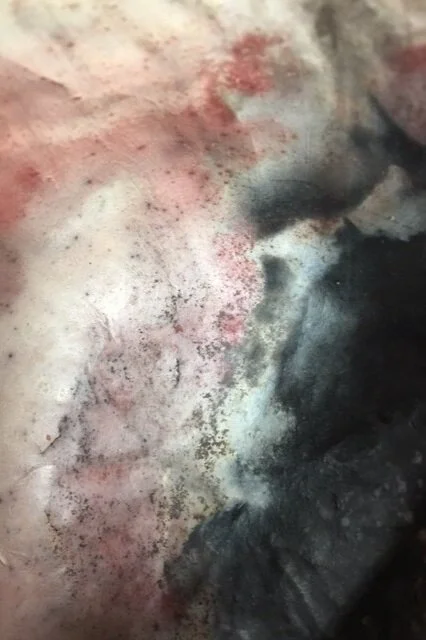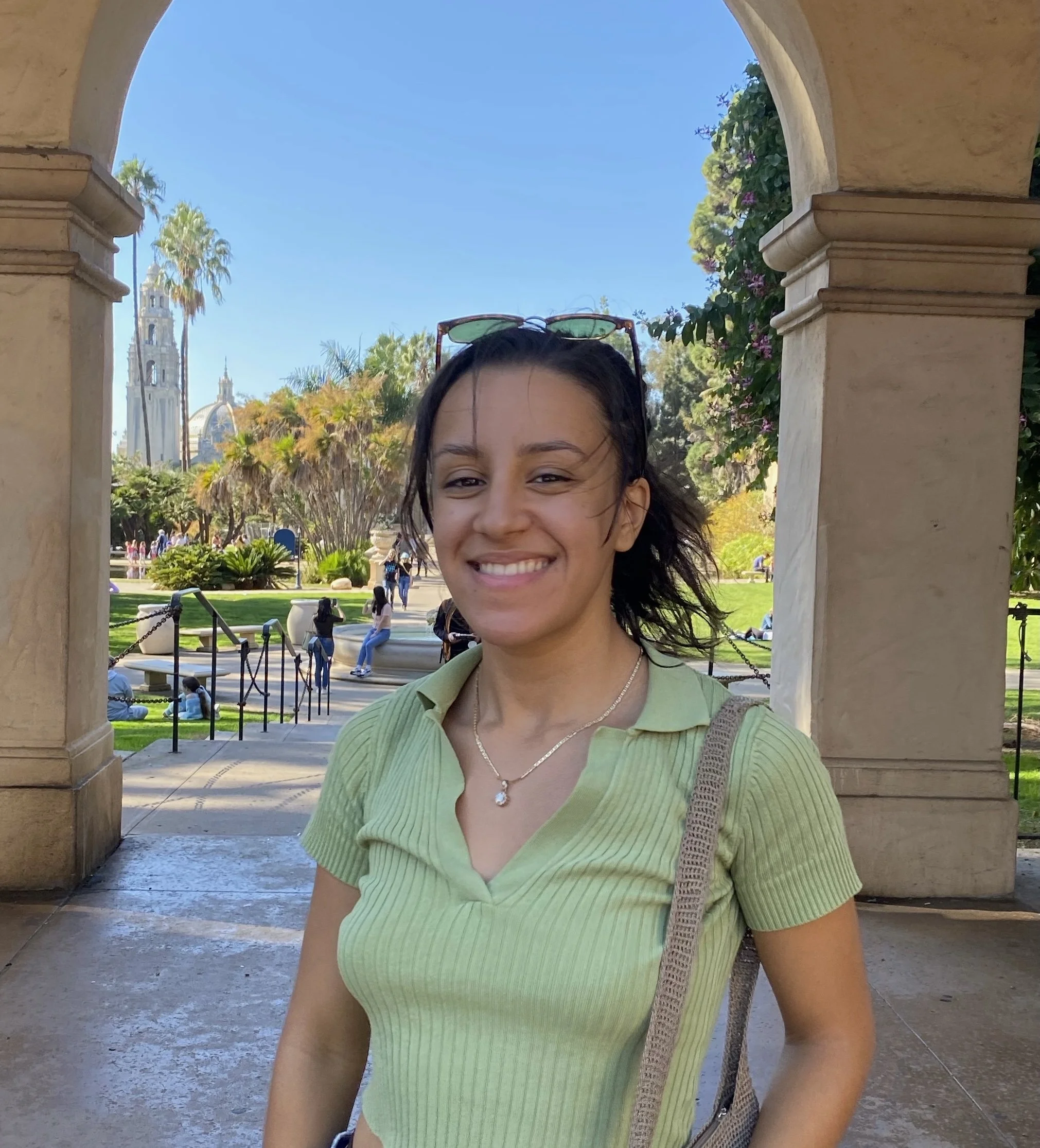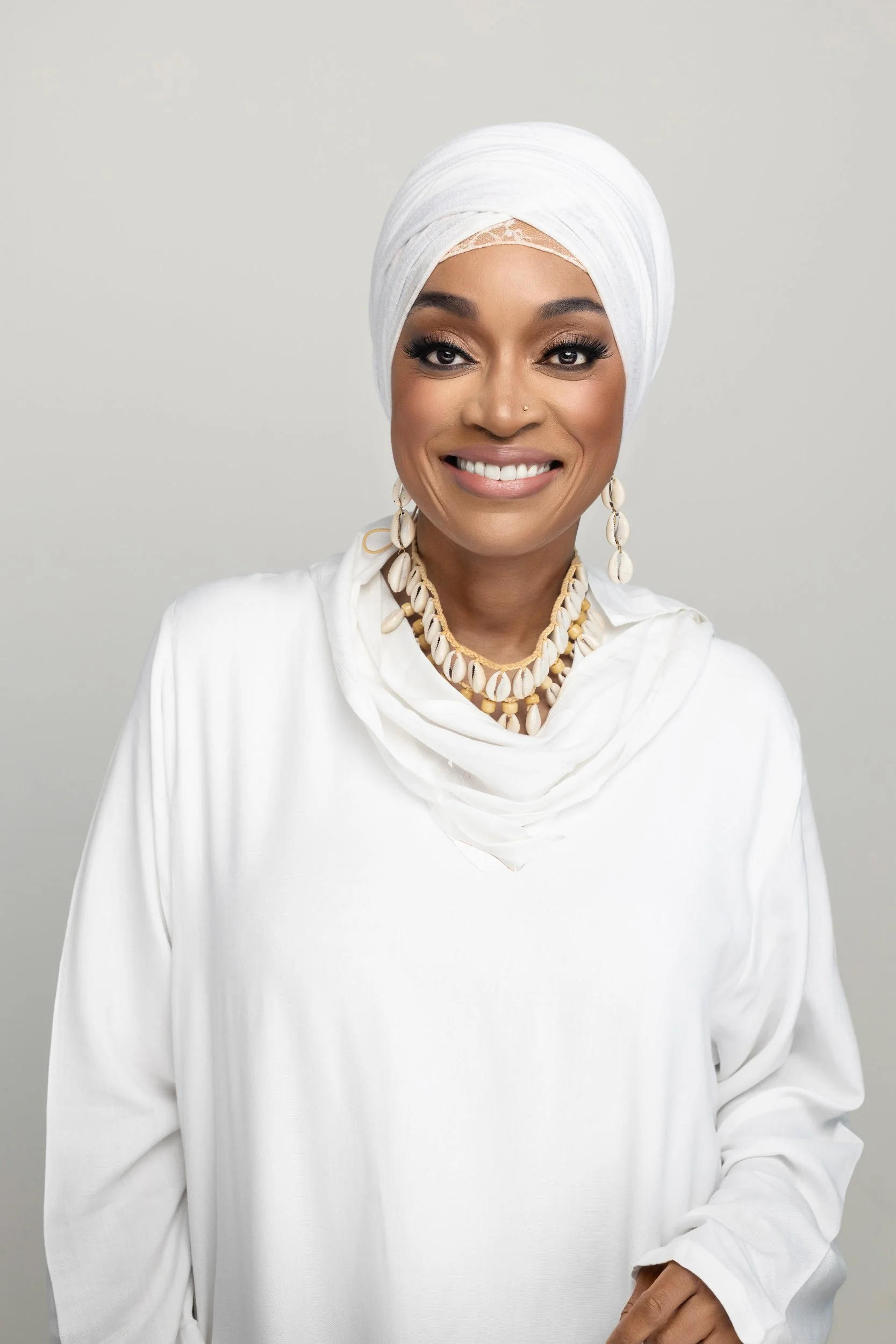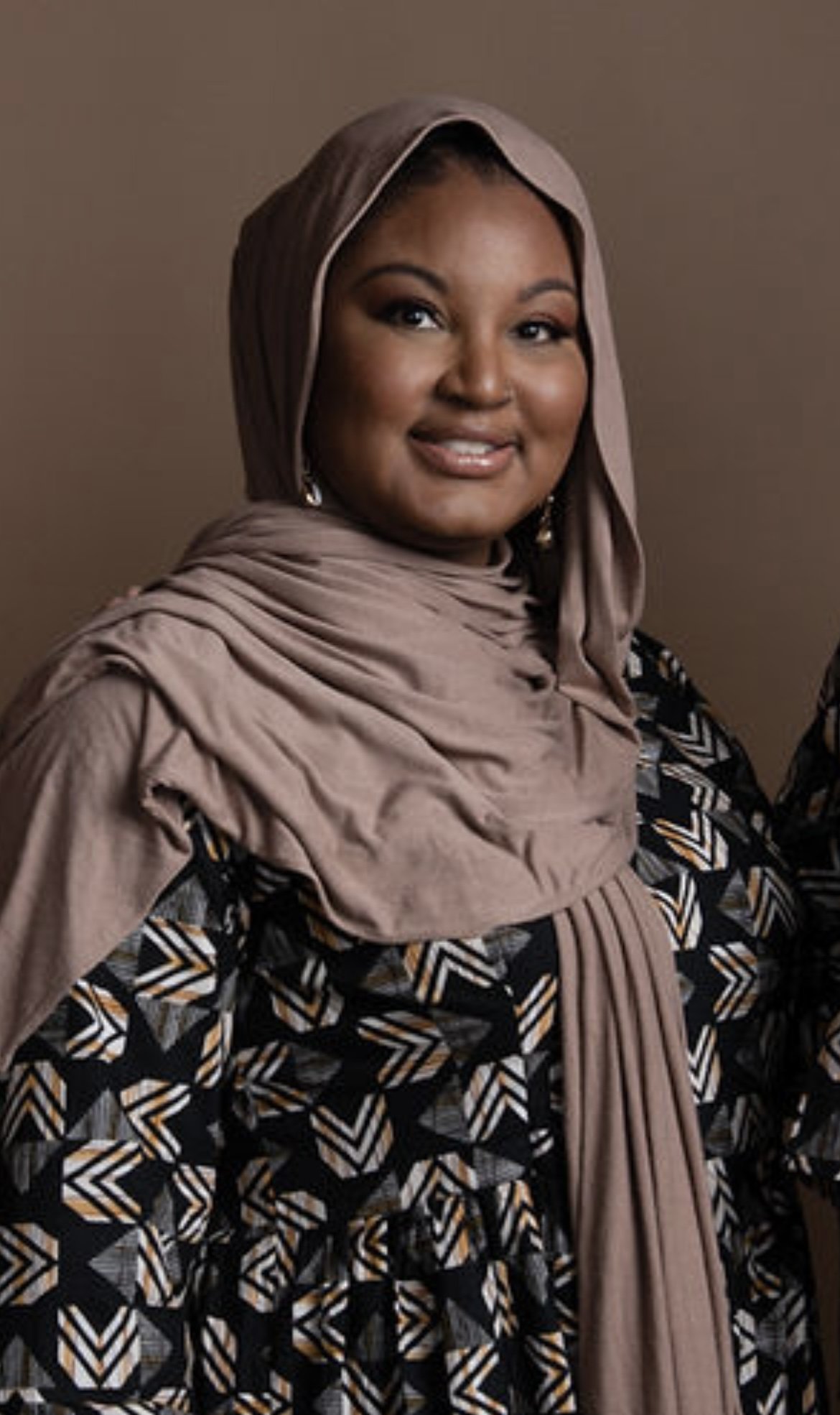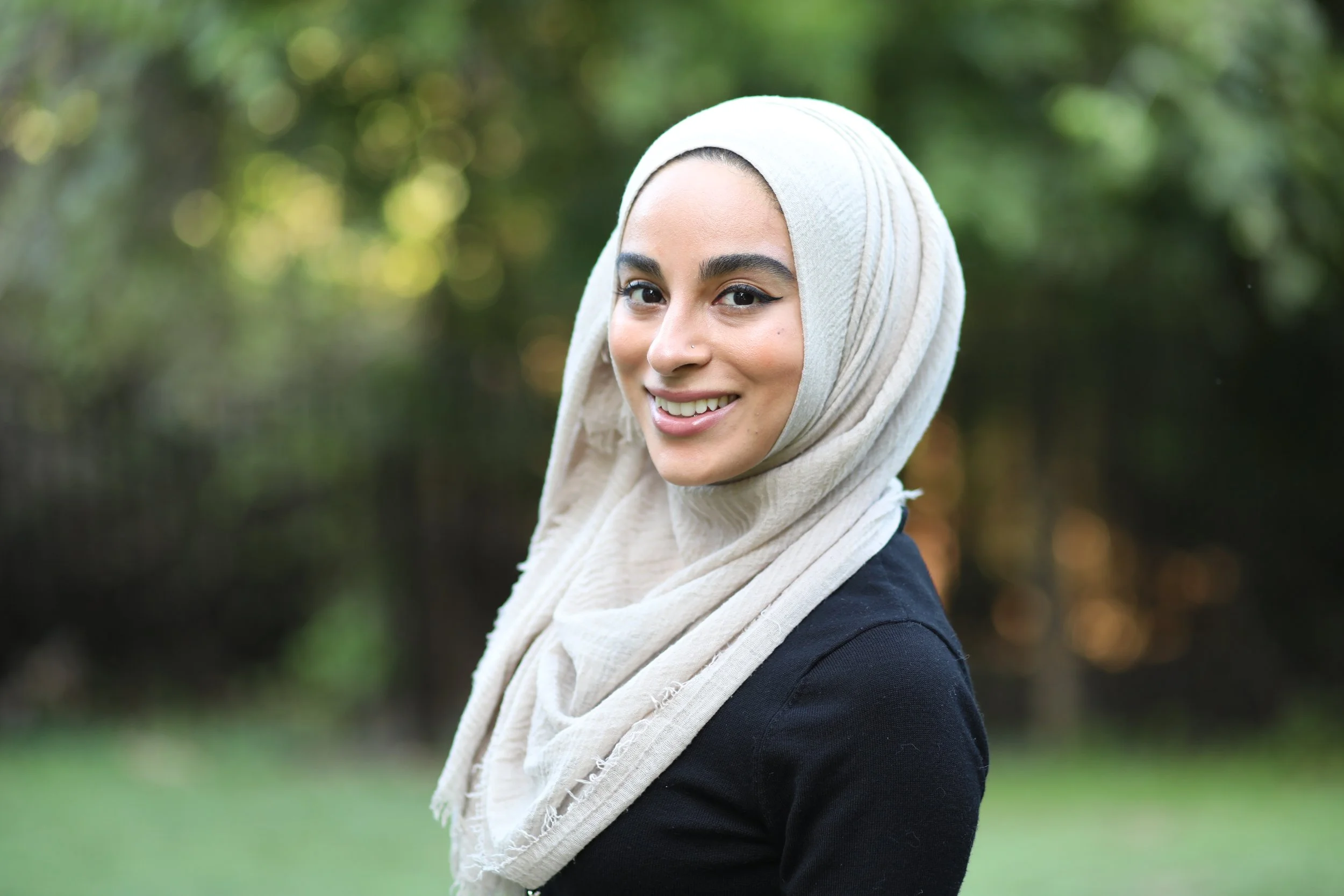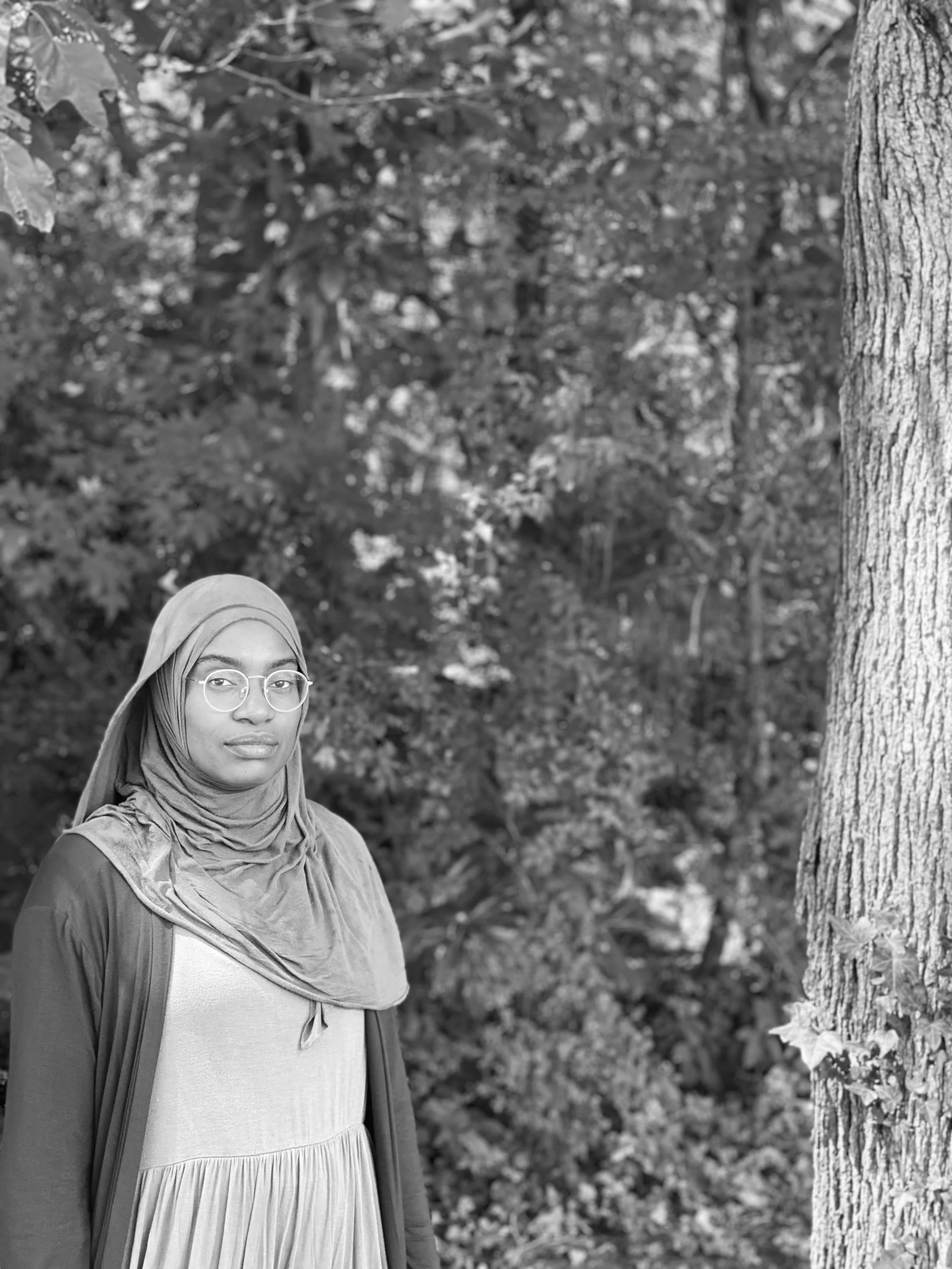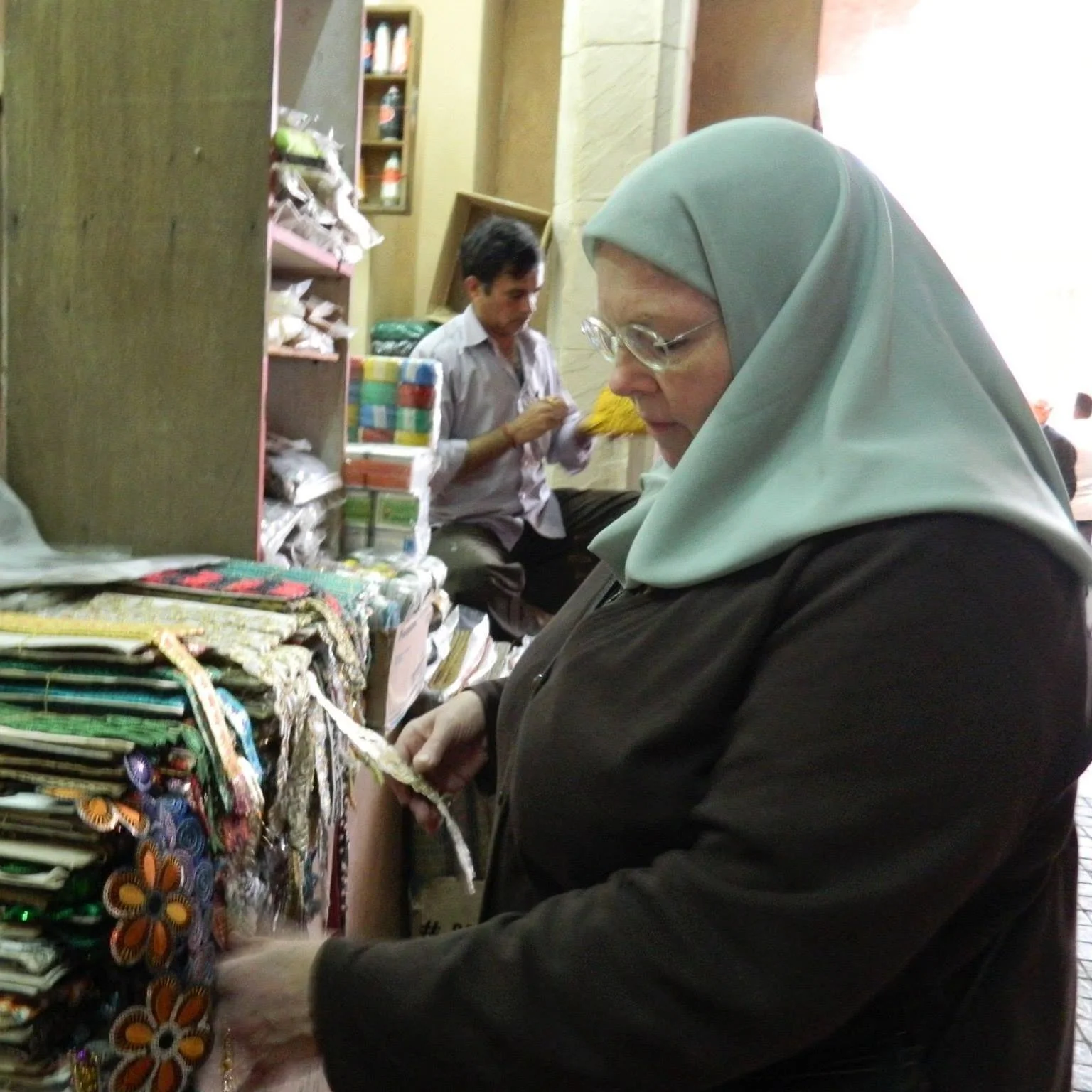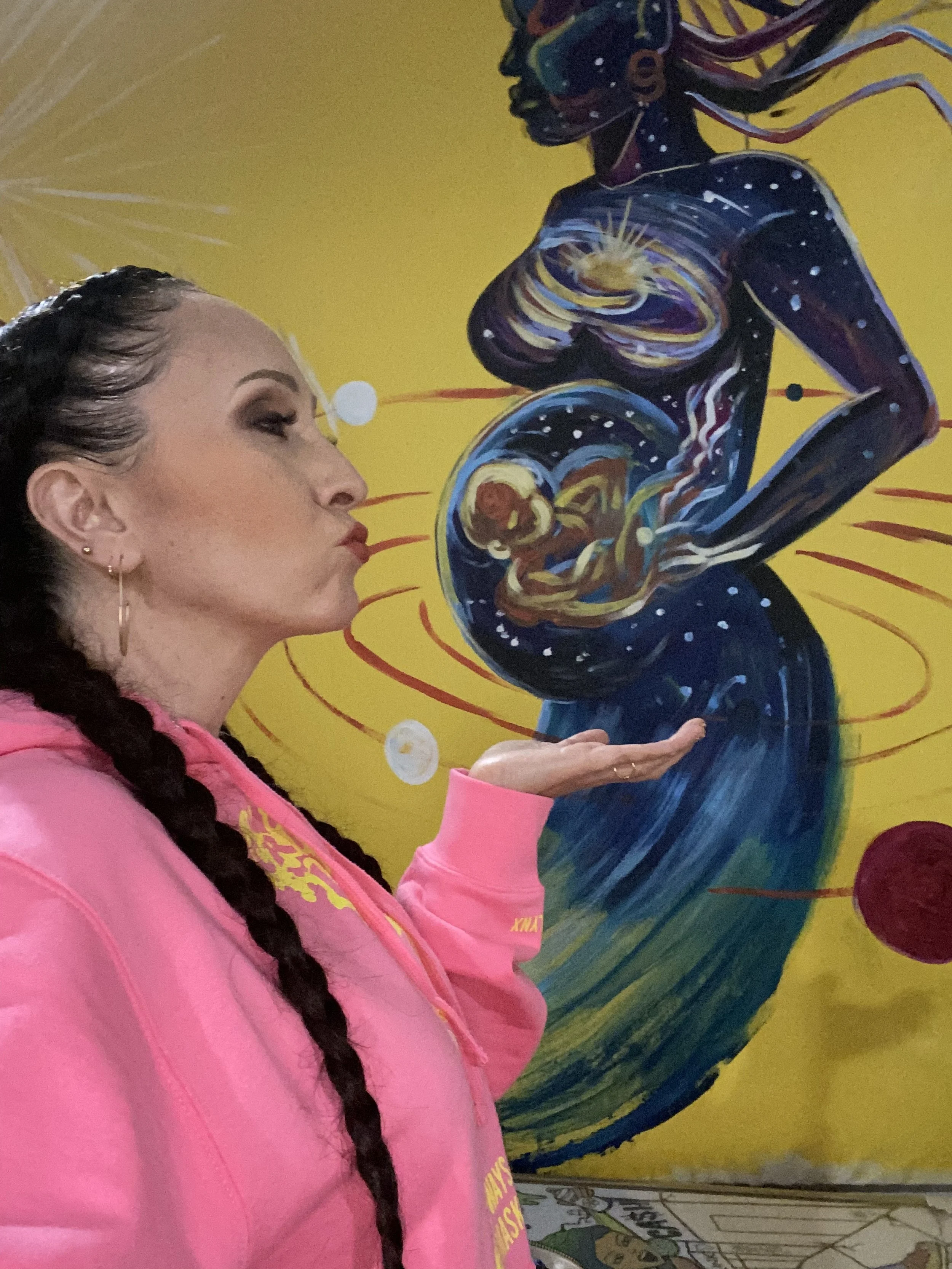
Storytelling
After a prolonged experience of anti-Muslim bigotry, Alison Kysia, a potter and multimedia artist, created a series of 99 sculptural vessels that represent the 99 names of God in Islam, known as asma al-husna (The Beautiful Names). Each of the 99 pots has its own shape, size, and fire marks, each one unique while also part of the whole. The pots represent the primordial power of tawhid, the Islamic principle of the diversity of all encapsulated in the One. It is precisely this principle, the drawing together of our diverse identities in fellowship, that is the opposite of bigotry and discrimination.
99 Clay Vessels: The Muslim Women Storytelling Project uses each of the 99 clay pots as a visual vessel to hold 99 unique art stories created by Muslim women.
Format of the retreat
Each Muslim woman in this project participated in a small group story sharing workshop (five Zoom meetings, each two hours long, spaced out over three consecutive days, plus individual work time). These storytelling retreats were facilitated by Dr. Sabrina N’Diaye, a Muslim woman psychotherapist and healer. The workshops built community among the participants, an opportunity for personal reflection, growth, and healing through the process of sharing and storytelling. Each woman created a digital story of her choice, including creative writing, poetry, visual art, audio, and video recordings, and then uploaded to the project website, which serves as an online exhibition. While the stories are archived on this website, the participants retain the right to use their story in other professional or personal contexts.
-
As Muslims and women, many of us have been through difficult experiences that we have not had the time or community space to reflect upon and process. The storytelling workshops offer an opportunity to reflect on these experiences out loud in a community of compassion. In the sharing and releasing of these memories in community, we fuel the creation of a story, a definitive act of taking ownership over our own experiences and our representation. Ultimately, the storytelling workshops in this project are a celebration of Muslim women’s diverse self-expression, experiences, identities, and power.
-
We started out recruiting participants through friends and colleagues, and it grew organically from those connections. Our vision was to serve Muslim women who are activists, advocates and creatives who are inspired to change the world. We made every effort to represent the diversity that exists in our community. We make space in this project for women to share any experiences of bigotry, including bigotry perpetrated by other Muslims, to honor the reality that such experiences are not discrete and cannot be easily demarcated and categorized. Many women in the project chose to celebrate the tools of resilience that they use to craft lives of great purpose and meaning.
-
All forms of bias and discrimination are gendered and that includes Islamophobia, anti-Muslim bigotry and intra-Muslim bigotry. While there have been far more diverse representations of Muslim women in the last decade, there is still a lot of work to do to repair the damage of centuries of negative portrayals, miseducation, and pernicious stereotypes.
The 99 Clay Vessels Project makes space for Muslim women to unload some of these burdens of identity and representation and tell whatever story they need to tell, whether it be outward facing, inward facing or both, in a community of compassion and acceptance. By removing expectations about the emotional labor of Muslim women to take care of others’ feelings about who they ought to be, we choose instead to create an inclusive vessel to hold the complex experiences of Muslim women who work daily to heal and transform the world. Far from needing to be saved, these women are working on the front lines of creating a society that values rights, inclusion, solidarity, and equity for all. Capturing complex and intersectional stories allow for greater breadth and depth in understanding Muslim women’s experiences, as defined by them.
Ultimately, Alison chose to center Muslim women in this project as a way of honoring those who have been the greatest source of spiritual strength in her life.
-
The stories are included on this website which serves as an online art exhibition. The project will be used in online and in-person events.
Storytellers: Click on each picture to see their creation
Alison Kysia
Sabrina N'Diaye
Fatemeh Hosseini
Darakshan Raja
Maram Elnagheeb
Farah Shakour Bridges
Hasnaa Mokhtar
Fatima Rafie
Homayra Ziad
Jalá Abdul-Jabbar
Teeb Al-Samarrai
Dilnaz Waraich
Binta Diallo
Atefeh Rokhvand
Aisha Ghori
Negar Nahidian
Noor Alila
Tasleem Firdausee
April Arman
Aseelah Rashid
Okolo Rashid
Hena Zuberi
Norbaya Jameela
Rahela Rezaie
Madinah Wilson-Anton
Akilah Rabb
Linda Howard
Maryam AbdulKareem
Rahmah Abdulaleem
Sasa Aakil
Shimul Chowdury
Wendy Diaz
Muslimah Najeeullah
Ayanna Miranda
Bayadir Mohamed-Osman
Rasha Anayah
Tahira Hussain
Naimah Khalifa Bhuruku
Maliha Shaikh
Jenny Suzdak
Savera Iftikhar
Rohany Nayan
Sanela Ovnovic
Savannah Willis
Sarah Alfadl
Zahra Seif-Amirhosseini
Shellie McKinney
Safaya Fawzi
Fariah Majid
Anonymous
Hana Khan
Fatima Sadaf Saied
Quran Shakir
Mariam Azimi
Hind Makki
Mahnaz Rezaie
Lubna Azmi
Leah Atwa
Kelly Izdihar Crosby
Akanke Rasheed
Amany Shalaby
Amna Salemeh
Ankhet Rumi
Ayisha Jeffries Cisse
Halima Tabitha Davenport
Jamila Shakir
Khalilah Sabree
Laura El Alam
Suja Amir
Liza Garza
Meena Malik
Nadia Khan
Samera Hadi
Samina Anthony
Sara Bawany
Seema Imam
Sybil Imani
Tenille Fatimah
Noor Abd-Allah
Amirah Sackett
Anonymous
Eve Rivera
Ghazala Irshad
Jehan Hakim
Sadaf Omar
Hazel Gomez
Soraya Ahyaudin
Susan Douglass
Asra Khatoon Majid
Jacinda Bullie
Hidaya Nawee
Nahela Morales
Sana’a Siddiqui
Shaista Shiraz
Taahirah Abdullah
Tiffany Green-Abdullah
Zehra Imam
Kelly El-Yacoubi
Anonymous


